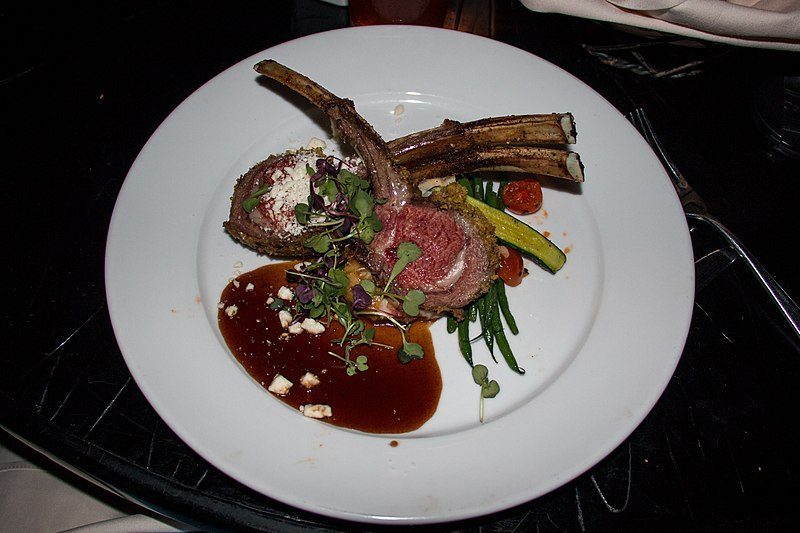“There’s a really distinct way of carving in France,” says Victor Dumas, a young french butcher who has been touring the whole country campaigning for the cause.
He met with Parisian chefs as well as fellow butchers who are known for their dedication to using everything from “nose to tail”. Travelling to Belfast for the World Butchers’ Challenge in 2018, where he took third prize in the apprentice category, made him realise the French had elevated the age-old craft of artistically carving up animals.
He wants French butchering to be honored alongside Chinese calligraphy, Tinian marble-carving, and Kazakh yurt construction on the UNESCO’s list of Intangible Heritage. The distinction would bring a welcome boost as the number of French artisan butchers has been dwindling, in part reflecting a social shift towards eating less meat. However, he does not think that his profession is in danger. “People will always need to eat, and more and more are seeking out quality — we saw this during the virus lockdown,” when getting dinner on the table every night suddenly became a preoccupation for millions.
He began his studies at 15 and is now apprenticing to learn the secrets of charcuterie and other pork delicacies in Aix-les-Bains in the French Alps. These days, wearing his crisp white jacket embroidered with “Victor a l’Unesco”. He can carve and mount a rack of lamb, the quintessential centrepiece of a fancy Sunday lunch, in under 10 minutes.
“Victor represents all the butchers who adapt according to tastes and seasons,” said Mathieu Pecqueur, head of the Culture Viande industry body. “The French art of preparing meat is recognised in countries worldwide,” added Dominique Langlois, president of the Interbev meat and livestock association.
He hailed Dumas’s campaign, vowing to support the Unesco bid “for the next several years if we have to.”
Sourced from The Local.
Read more on France.

